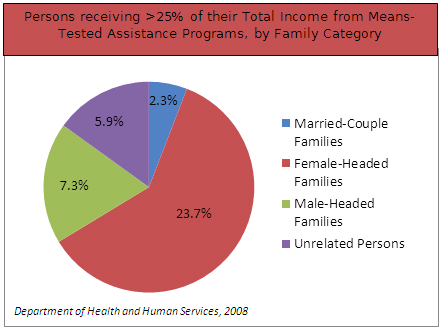Liberal propagandists claim that traditional marriage,
sexual fidelity, and family values are antiquated ideas; however, a rising
generation of activists is quickly debunking this myth. In “Challenge and Hope for a New
Generation,” the fifth segment of the Humanum
Series launched at the International Colloquium on the Complementarity of
Man and Woman, a group of young adults assess the state of marriage worldwide. It
is true that marriage is in crisis, but it is false that there is a lack of
desire for marriage. Young people thirst for marriage—they long for its
stability, its loyalty, and its love. According to Malcolm Rivers, a 27-year old
teacher in D.C., the problem is that “we are deeply and woefully underprepared
for marriage.”
Malcom is right on target. Radical feminists have inculcated
licentious mores in “sexual health” classes, and taught that casual hookups are
a natural way to fulfill sexual desires. This idea, that the sexual act is
nothing but a means to fulfilling an individual’s pleasures, has altered the
dynamic between a romantic couple. Although once a single unit in which each
complemented the other in order to elevate the whole, now a couple is nothing
but two individuals using each other to extract physical pleasure. This dooms
relationships to failure. “Permanence requires me to do things for other
people. I can’t have a permanent relationship with somebody if I’m only worried
about myself” Malcom said. Nobody wants to enter into a permanent relationship
knowing that the other person is only in it to gratify his/ her own needs.
Young marriage supporters from Mexico to France to Lebanon
agree. Alix Rokvam, a founder of Les Veilleure in France, stated, “We all had
sex education in school, but we never had romantic education, which encompasses
all aspects of sexuality, not just the technique.” A group of young ladies in
Lebanon reminisced on the days when “People used to support each other more.”
Worldwide, young people are yearning for relationships built on complementary teamwork
rather than competition. The problem is that few know how to achieve this
dream.
In his Tuesday presentation, Rev. Dr. Rick Warren offered some
practical advice on how we can prepare more people for stable marriages:
celebrate healthy marriages. We must offer an appealing alternative to the
hookup culture by giving people the confidence that their marriage can last,
and we must show that the sexual act should be rooted in a selfless love
between husband and wife. This advice is scientifically supported. For example,
MARRI research shows that
children who grow up in intact, married families are more likely to have a
positive outlook on marriage and maintain more stable marriages than their
counterparts. Adolescents with married parents are less likely to engage in
risky sexual behavior, have sex out of wedlock, or have an abortion. In
essence, healthy marriages promote more healthy marriages.
Once selfless marriages gain standing, more and more young
people will naturally flock to uphold this institution and its values. “Everyone
should know that there are young people concerned about taking back our
values,” Lily Alvarez Rabadan of Mexico City stated. “Young people are thirsty
for love, and so, we have to talk about it, we have to shout about it.”

